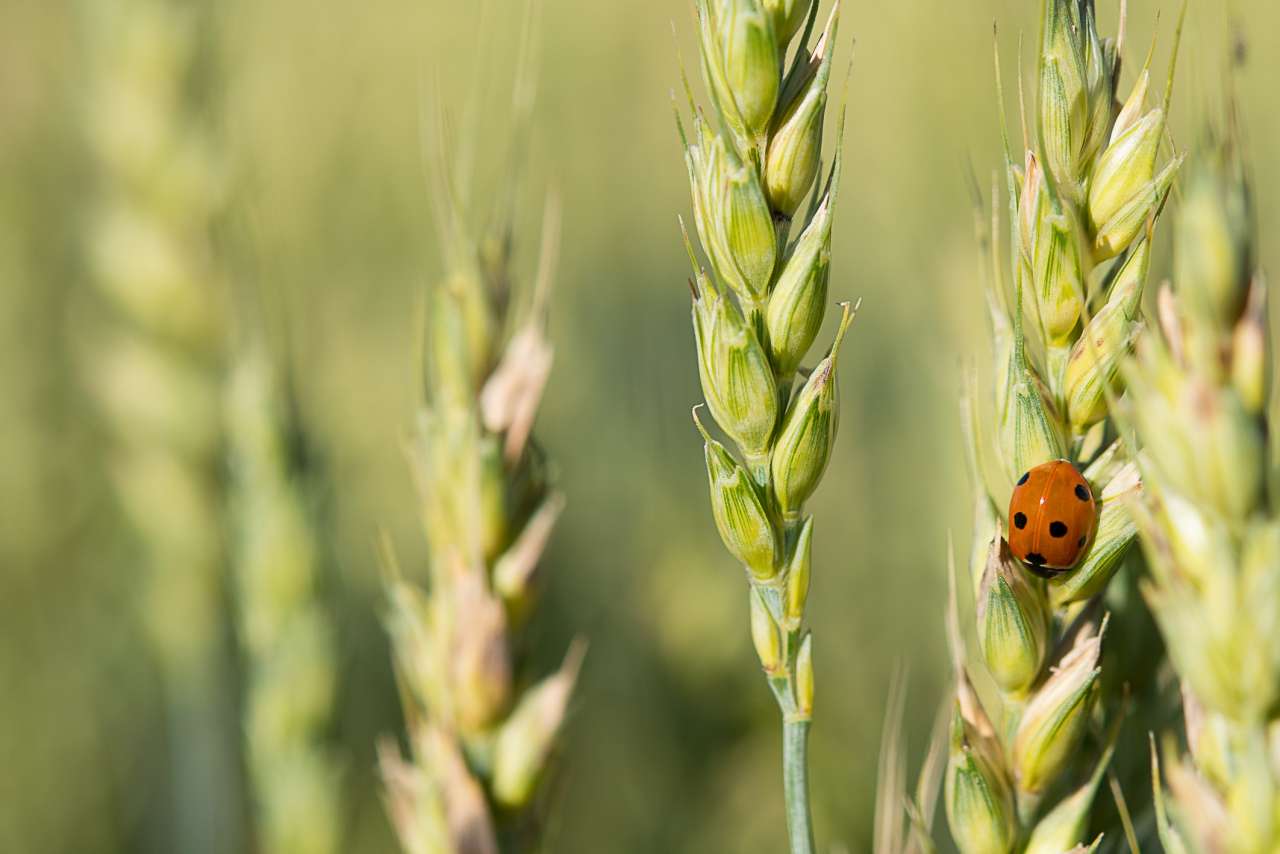Good plant health stops food waste

Photo: Erling Fløistad.
If we are to increase food production in order to feed the world, the plants we produce must arrive in our kitchens in good condition. But plants have many enemies, and their growers are constantly encountering new challenges due to climate change and global trade.
With a growing global population and an increased interest in plant-based diets, good plant health is a hot topic. The UN designated 2020 as the International Year of Plant Health in order to raise awareness of the importance of good plant health. Because protecting plants also means protecting lives. Good plant health contributes to less hunger, less poverty, a better environment and good economic development in poorer parts of the world.
"All plants have enemies that can attack directly or compete with plants for their space. If you do not protect the plants in the field, many crops will be outcompeted by weeds, eaten by insects or will succumb to fungi, nematodes, viruses and bacteria. If we cannot control plant enemies, we could lose 60–70% of production," says Arne Hermansen, director of NIBIO's Division of Biotechnology and Plant Health.
"Measures can prevent attacks or act chemically or biologically to combat pests directly. We can also employ mechanical measures against weeds using harrows or plows. These measures can bring losses down to 15%. Basically, control at field level is one of the most important measures we have against food waste," he adds.
Without measures, weeds have the biggest effect on crop volume. On a global basis, it is calculated that there would be a 34% reduction in crop yield if we do not take action against weeds.
"We have to promote measures that prevent problems from being transported across national borders. Unfortunately, we have examples of pests that have spread, with major consequences on crops," says Hermansen.
Contacts

Contacts

